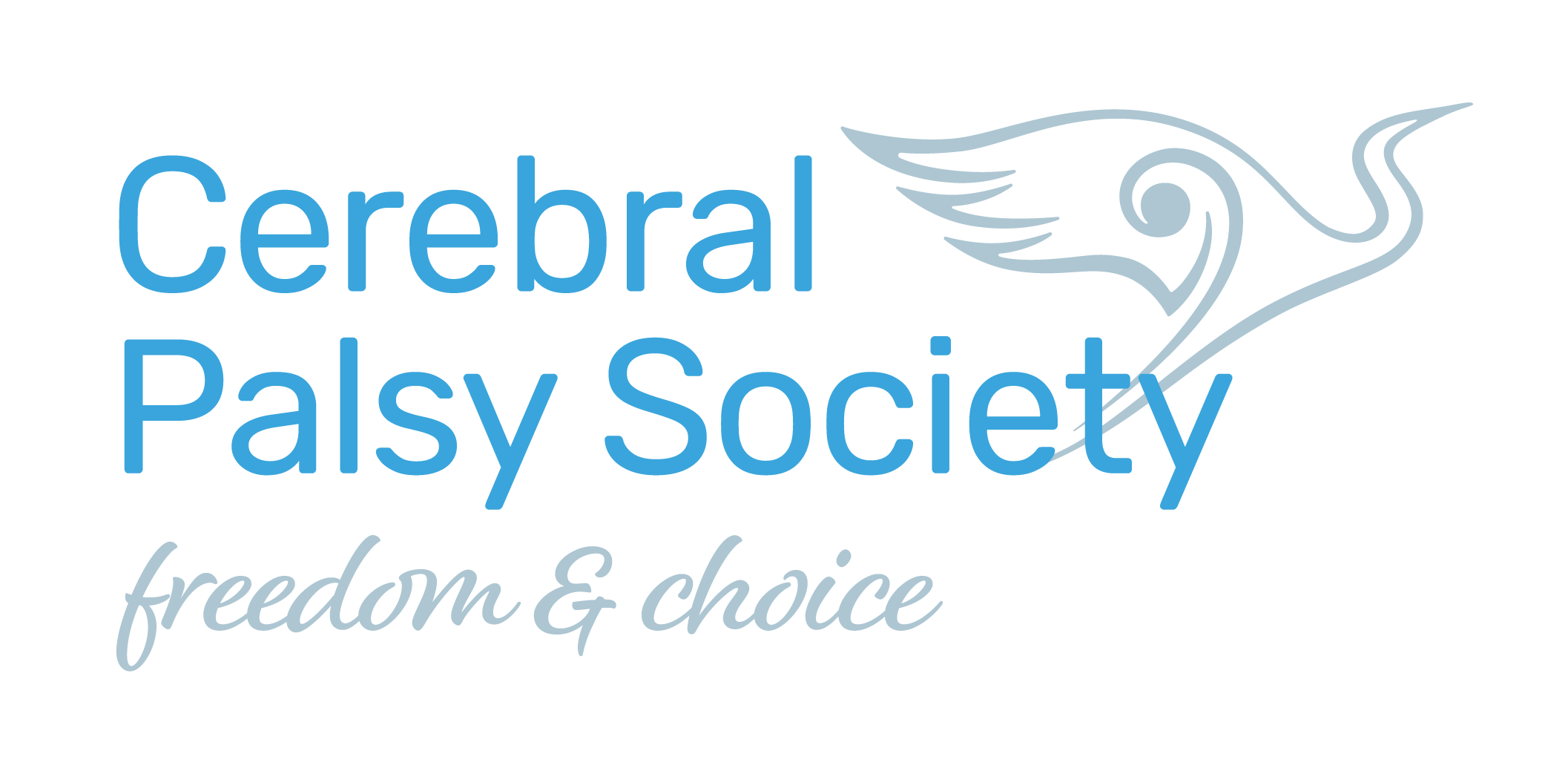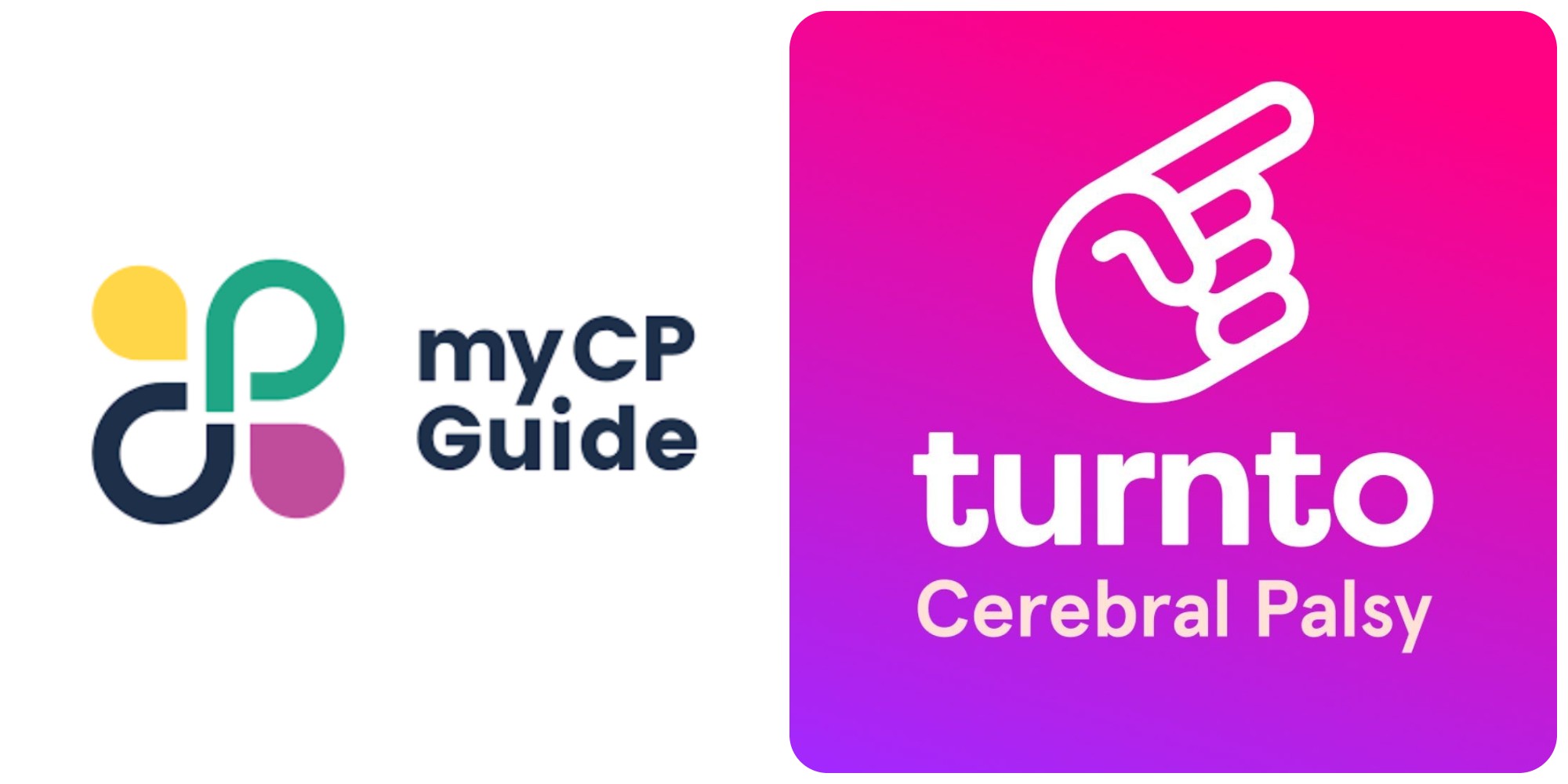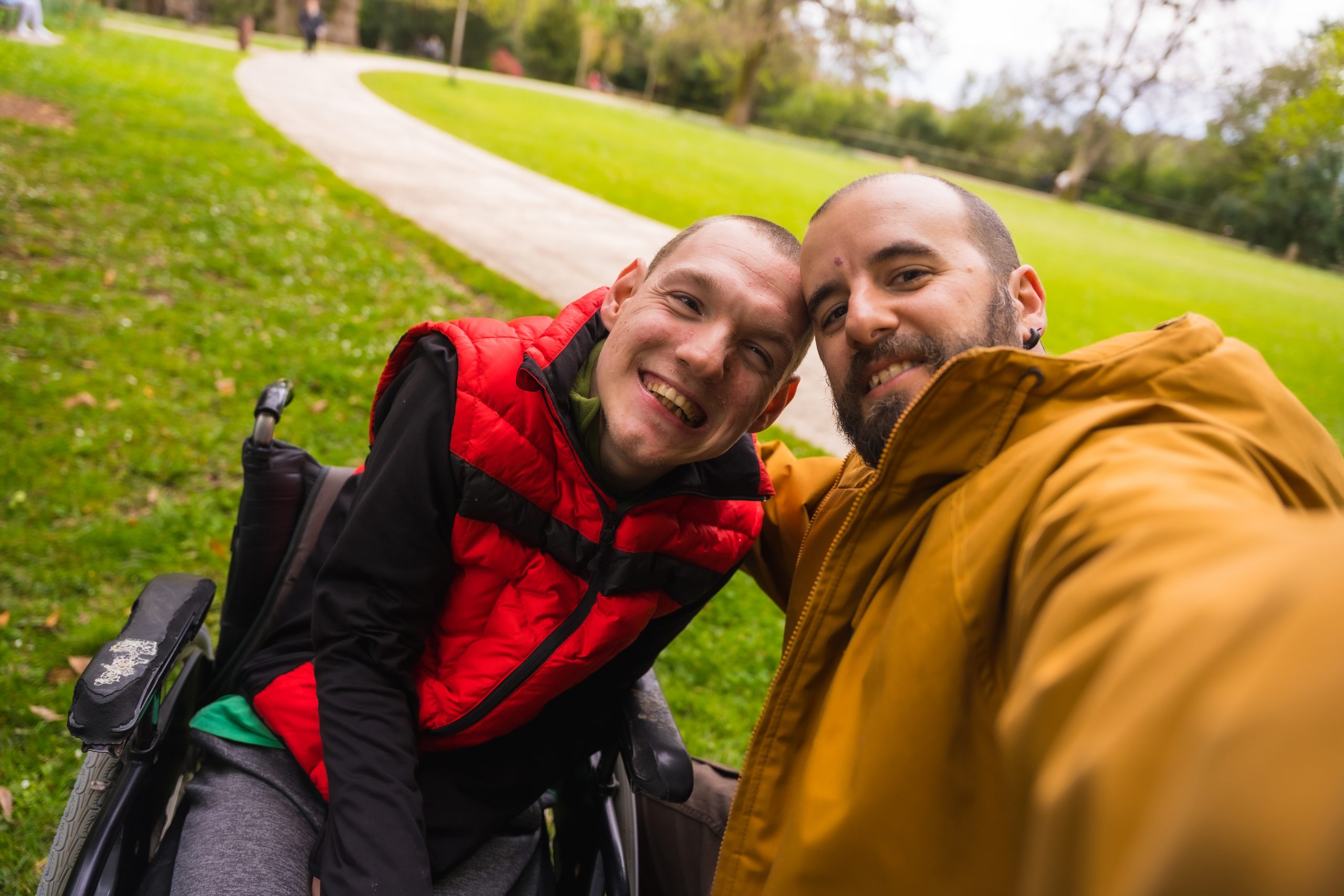Research
Research into adults
08 Mar 2024
One of the consistent themes coming through in the world of Cerebral Palsy of late, is that Cerebral Palsy is a lifelong condition that is diagnosed in childhood.
By Amy Hogan
Cerebral Palsy doesn’t end when someone turns 18.
It sounds like an obvious thing to say, but it was refreshing to hear the constant reframing of the narrative “Cerebral Palsy across the lifespan”, rather than it simply being a transition between the paediatric and adult services, when I was at the 2023 CP Achieve Symposium in Melbourne.
Australia and New Zealand have been building resources that cover and expand on different aspects of the lifespan, which in turn are being published in resources such as My CP Guide and the Turnto – Cerebral Palsy app. Both have sought contributions from adults talking about their experiences of Cerebral Palsy, providing future guidance for parents, children, and young people.
In this article, I will summarise some of the core discussions from the symposium and some of the work we are currently doing in New Zealand. There are several key aspects to the experiences of adulthood, and research is slowly growing in the field, generally, and in specific areas.
- Movement and mobility – the experience of Cerebral Palsy changes during different stages and aspects of your life. Research is being done into the experience of the general population versus those who live with Cerebral Palsy. In particular, what happens to the body when you move in biomechanically inefficient ways. This work includes the mapping of bone density, gait analysis, and different mobility choices.
- Physical health – living with Cerebral Palsy doesn’t necessarily impact general health. But it can increase the likelihood of differences in overall health such as the experience of inconsistent blood pressure, vulnerable chest in wintertime, and inconsistent screenings for health practices e.g. breast screening and asthma. Guidelines are being developed and are being updated through different universities in collaboration with multiple hospitals and research institutes (e.g. Murdoch Children’s Research Institute) for GPs and other specialists who work with Cerebral Palsy in adults.
- Stamina and fatigue – it is becoming increasingly evident that Cerebral Palsy takes a physiological toll on the body. Researchers are looking into the daily life experience of adults and how their body responds to a work schedule, for example.
- Mental health, wellbeing and resilience – the process of aging can place considerable pressures on people, and this is getting more attention in the research and clinical sense. Not all aspects of being an adult with Cerebral Palsy are negative. For example, often adults can develop strategies and procedures to help them cope with their conditions, which, in turn, strengthens resilience.
In New Zealand, we are contributing to research that looks at living with Cerebral Palsy as an adult. There are researchers who are focusing on transition and different aspects of adulthood.
The New Zealand Cerebral Palsy Register is building up the number of adults on its records. The register team is strategising ways to investigate elements of adulthood and aging that would be most relevant to Cerebral Palsy Society members and the community, through looking at different data sources.
If you would like more information, feel free to contact me at amy@cpsociety.org.nz.
* CP Achieve is an initiative that brings together researchers, people with CP and families. The purpose is to codesign research that has the most meaningful and far-reaching impact on the community.





